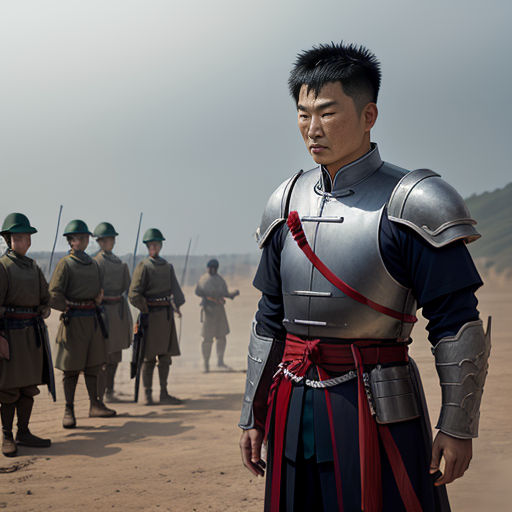
The Rise and Fall of Li Guangli
By Storybird

19 Aug, 2023
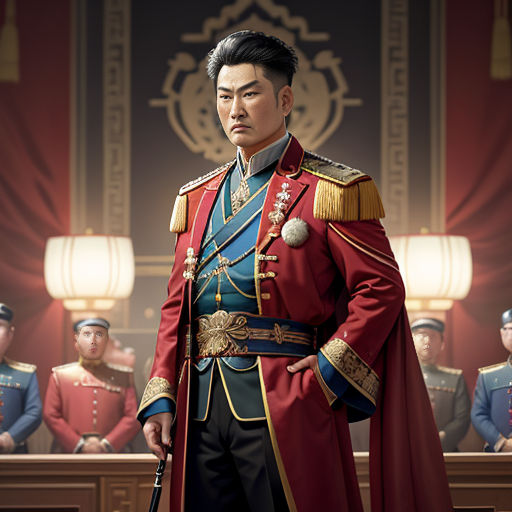
In the years of the Han dynasty, Li Guangli, a renowned general, emerged onto the scene. His rise to power seemed promising. As a member of the royal family by marriage, he was expected to bring glory to the Han Dynasty like Wei Qing and Huo Qubing had done before.
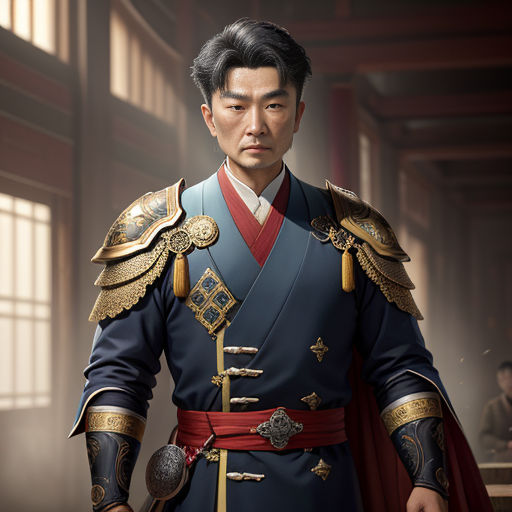
Yet, despite his notable status, Li Guangli's achievements paled in comparison to those of Wei Qing and Huo Qubing. Time and again, he found himself overshadowed by these great military strategists, which was becoming increasingly apparent to all.
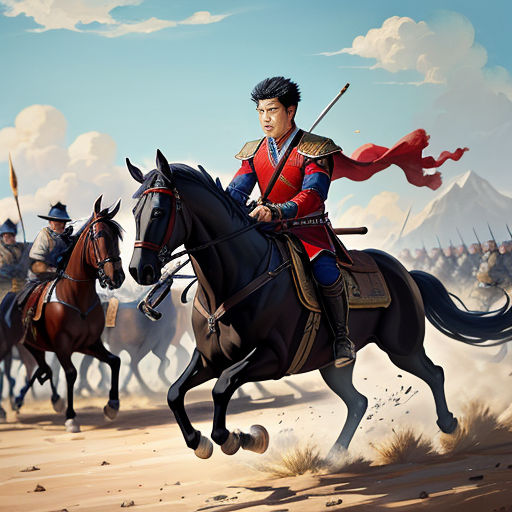
One reason for this was Li Guangli's lack of military prowess. Unlike Wei Qing and Huo Qubing, his tactical abilities were questionable. Consequently, his attempts at leading military campaigns often ended in defeat, damaging his standing.
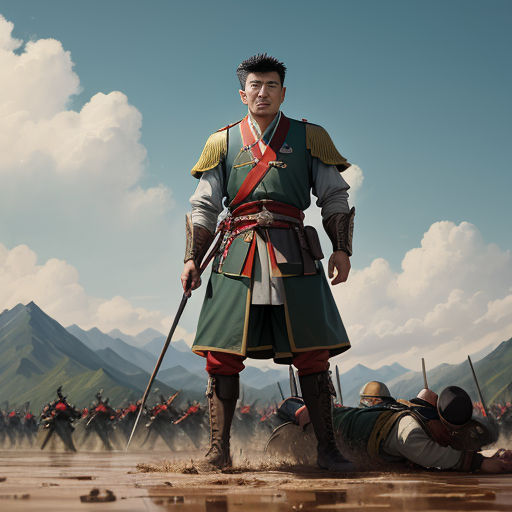
His military shortcomings were made glaringly apparent during the wars against the Xiongnu. His forces suffered heavy losses, resulting in a strategic retreat, further tarnishing his reputation.
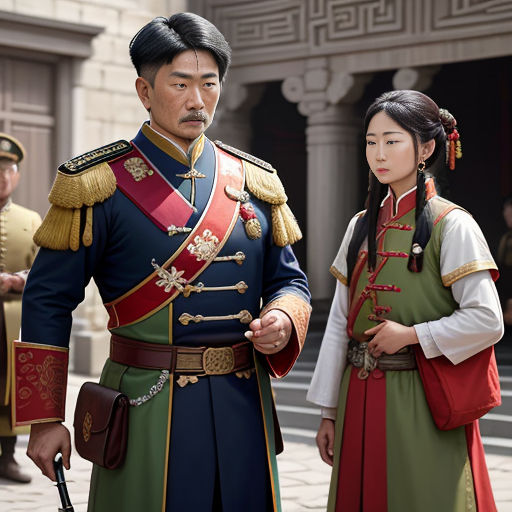
Another reason was Li Guangli's lesser political standing compared to Wei Qing and Huo Qubing, who drew immense influence from their strong political families. While his sister was the empress, Li Guangli's familial connections did not hold equal clout.
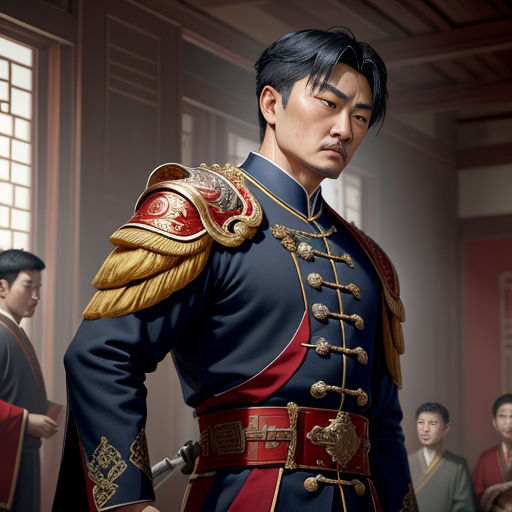
It was clear that the political influence of the Wei and Huo families greatly overshadowed that of Li Guangli's. This discrepancy in power rendered him a second-tier figure in the court, limiting his prospects and prestige.
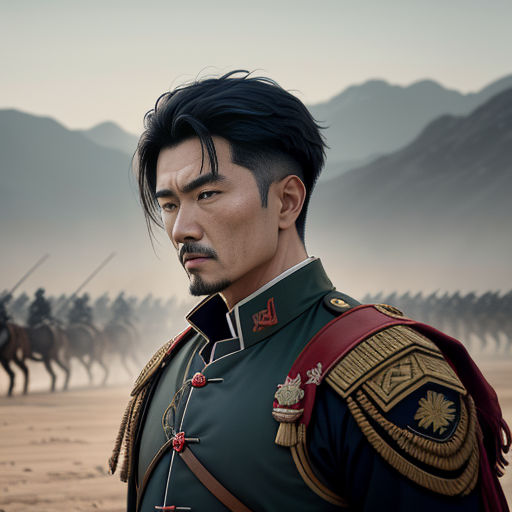
Furthermore, Li Guangli's leadership was hampered by ineffective management. His army was often riddled with internal issues, such as deserting soldiers and lax discipline, which significantly reduced their fighting capability and morale.
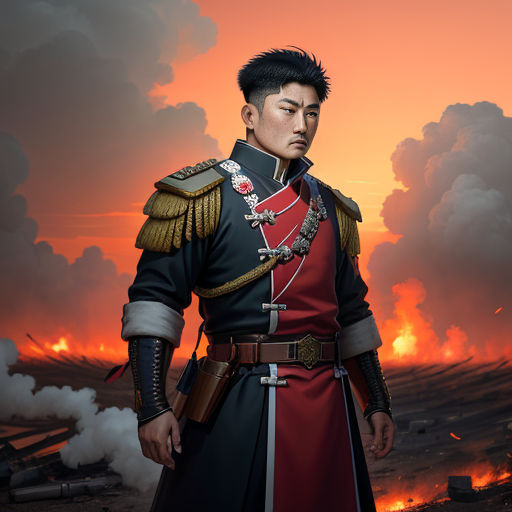
These issues persisted, causing a significant decrease in the effectiveness of his army. As a leader, Li Guangli failed to address these disruptive elements, further impeding his standing as a capable general.
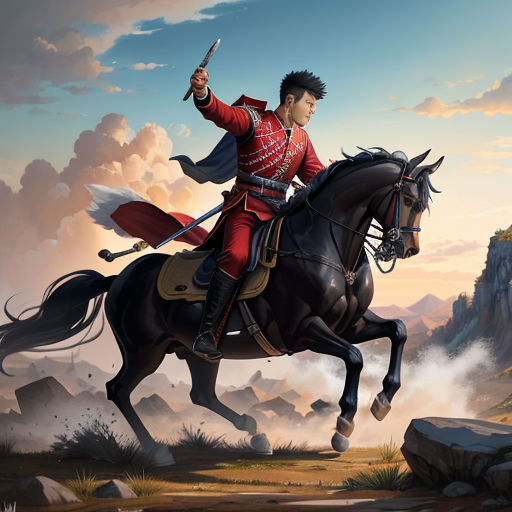
Li Guangli also lacked strategic foresight. While Wei Qing and Huo Qubing excelled in planning, Li Guangli focused primarily on tactics and immediate battles, thereby lacking strategic depth.
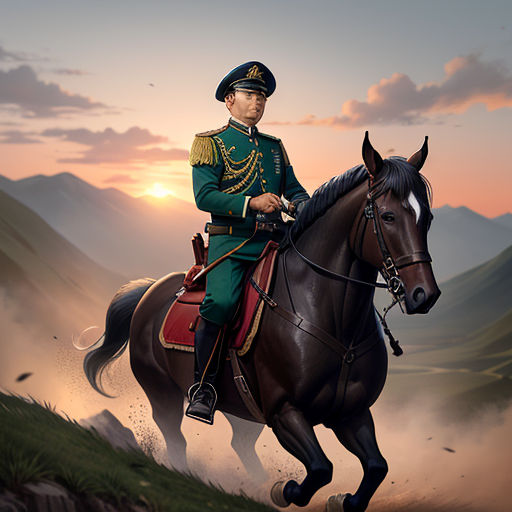
This short-sightedness prevented him from making long-term plans or adjustments, resulting in repeated tactical errors. As such, his troops were often caught unprepared and suffered severe losses.
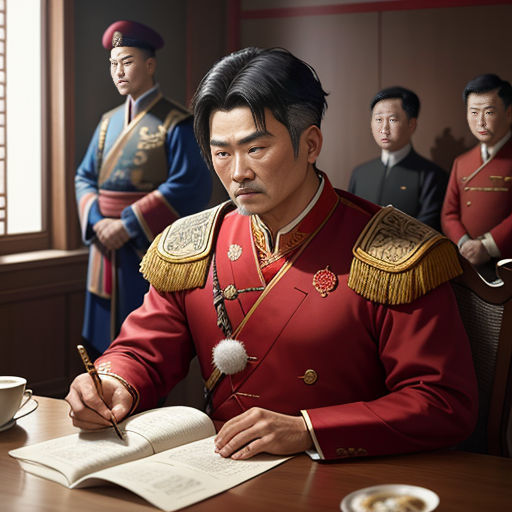
In conclusion, despite being a noble and renowned figure, Li Guangli's military and political inadequacies compared to Wei Qing and Huo Qubing led to his decline. His inability to meet the standards set by his predecessors further diminished his reputation.
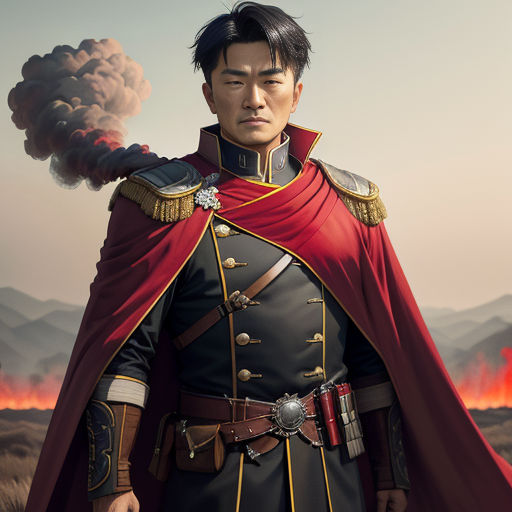
His failure not only disappointed the emperor but also disheartened his soldiers. It was a stark reminder that titles and pedigree alone do not make a leader. True leadership required talent, strategy, and the ability to inspire loyalty among one's ranks.
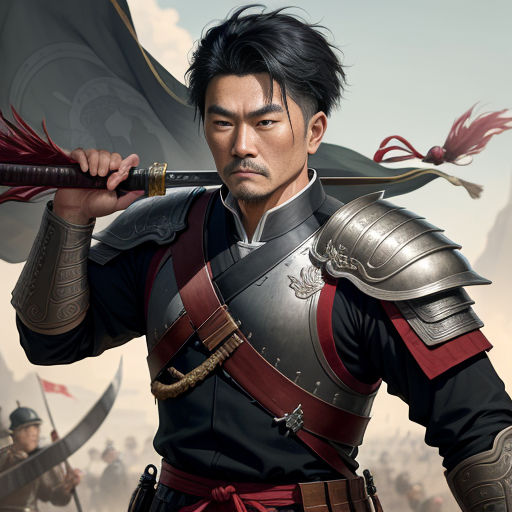
Despite his shortcomings, Li Guangli was not entirely inadequate. He still made contributions to the empire, though these were often overshadowed by his failures. His story served as a reminder that one's weaknesses can dramatically outshine one's strengths if not addressed.
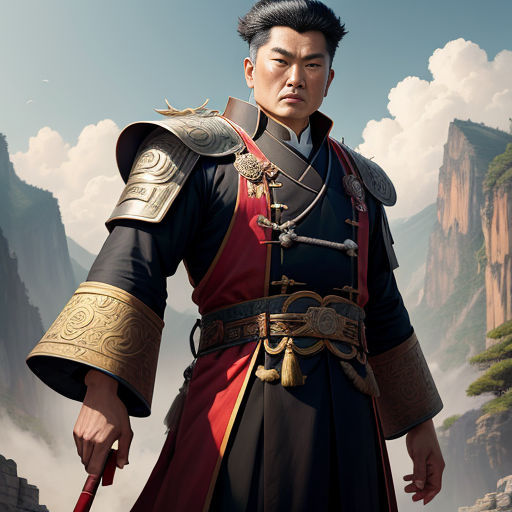
Thus, in the annals of Han Dynasty history, Li Guangli often remains a secondary figure compared to the illustrious Wei Qing and Huo Qubing. His limitations and failures serve as a stark contrast to their celebrated triumphs.
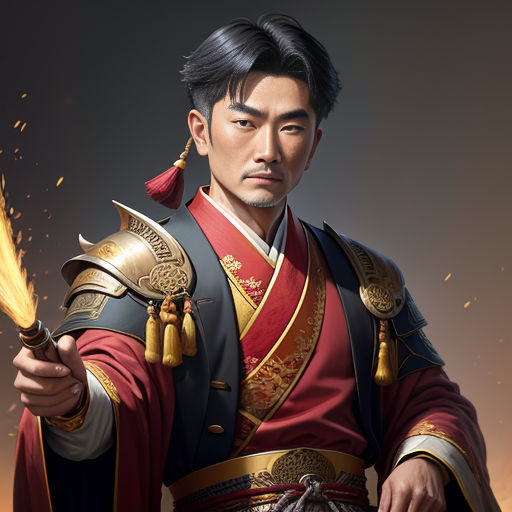
Despite this, Li Guangli's story is not without merit. It serves as a cautionary tale highlighting the importance of aptitude and talent over title and status. It is a timeless reminder that real success is not inherited but earned.
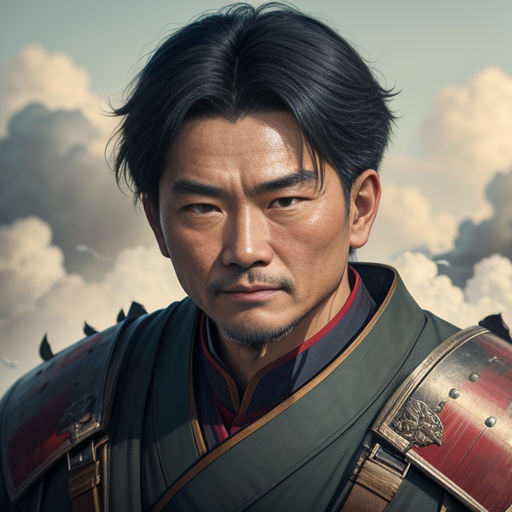
Li Guangli's story is both a tale of struggle and failure. From his initial rise to his gradual decline, his journey is a somber account of a man striving to live up to lofty expectations, only to fall short in the face of adversity.
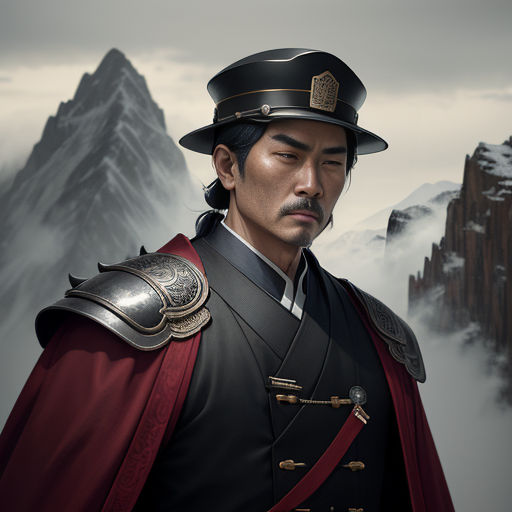
Though his tale does not end in triumph, Li Guangli's story remains an important part of Han Dynasty history. It serves as both an examination of leadership and a critique of societal expectations, roles, and hierarchies.
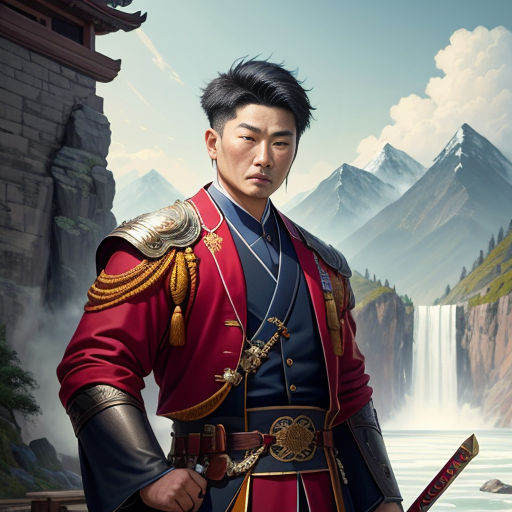
Despite everything, Li Guangli persisted, continuing to serve his empire to the best of his abilities. He did not let his failures define him but instead strived to learn from them, demonstrating resilience in the face of adversity.

In the grand scheme of things, Li Guangli's tale offers a sobering reflection on the harsh reality of leadership and the challenges it entails. It is a poignant reminder that power, status, and fame can sometimes be a double-edged sword.

Overall, the journey of Li Guangli is a testament to the highs and lows of leadership. His experience underscores the immense pressure on those in power and the delicate balance required for successful leadership.
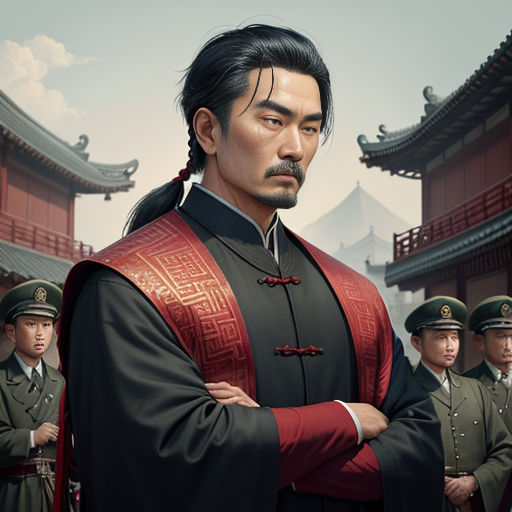
From being a renowned general to being seen as an inadequate leader, Li Guangli's narrative shows how one's standing can be affected by a combination of personal shortcomings and circumstantial challenges.
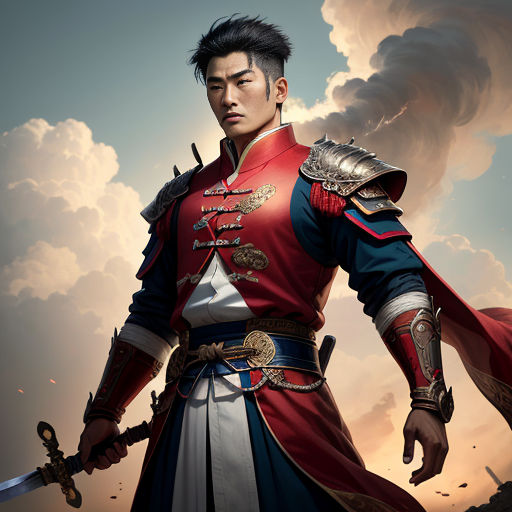
Despite the many setbacks and challenges he faced, Li Guangli's story remains an essential part of the tapestry of Han Dynasty history. His life and his struggles serve as a vivid reminder of the complexity and unpredictability of power.
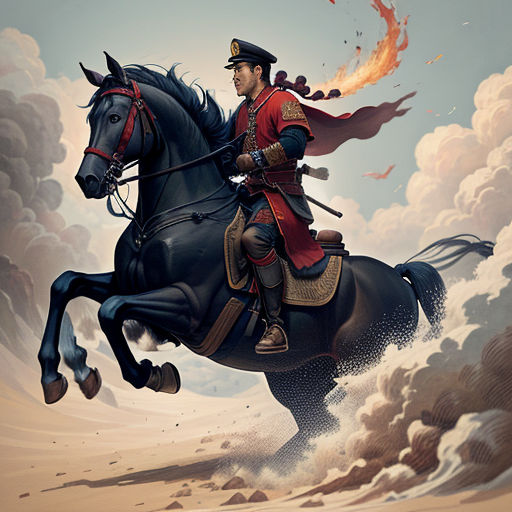
Analyzing Li Guangli's downfall serves as an essential lesson for future leaders. The multiple shortcomings that led to his decline serve as warnings, guiding one to become a more competent and efficient leader.
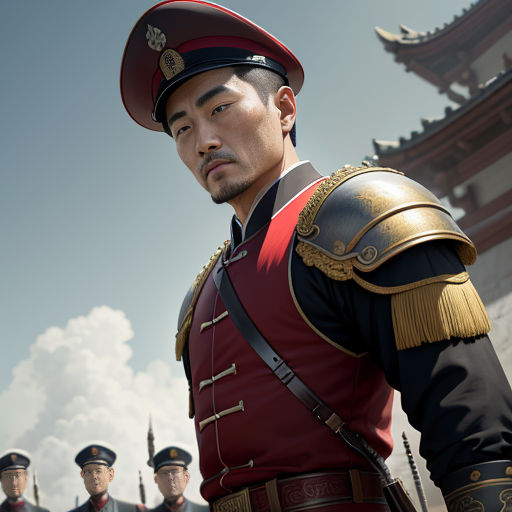
The legacy of Li Guangli, though overshadowed by his more accomplished contemporaries, remains a crucial part of the Han Dynasty's rich history. It speaks volumes about the importance of leadership, strategy, and political acumen in the echelons of power.
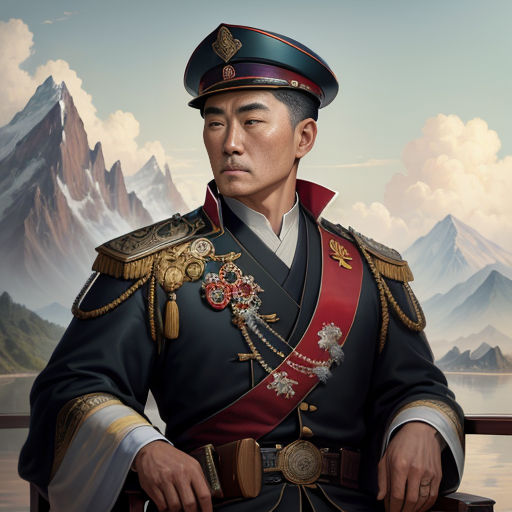
In conclusion, the tale of Li Guangli shows that while ambition and status may offer an initial advantage, sustained success requires strategic vision, strong leadership, and political acumen. History remembers not just the victors but also those who dared to strive, even in the face of adversity.